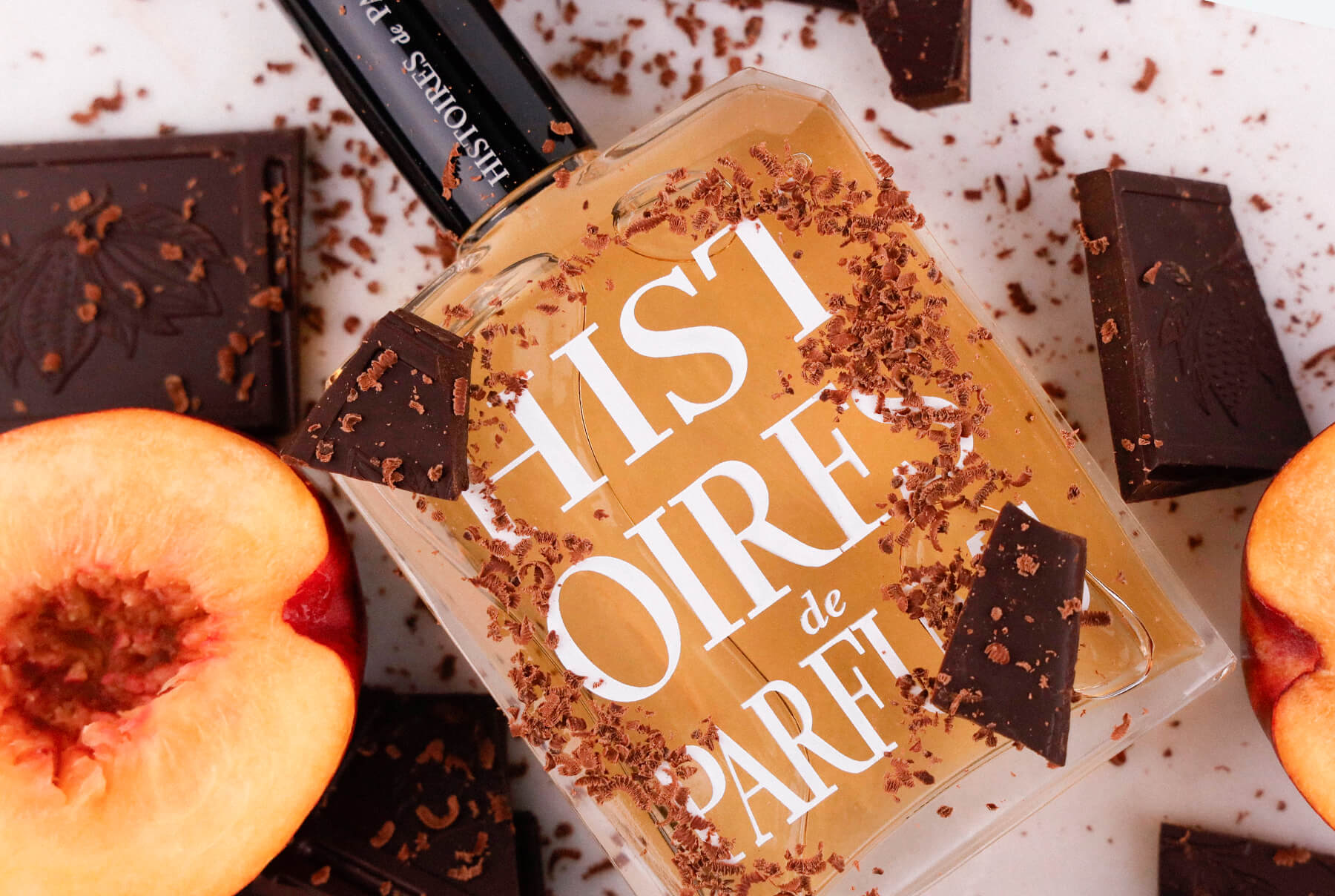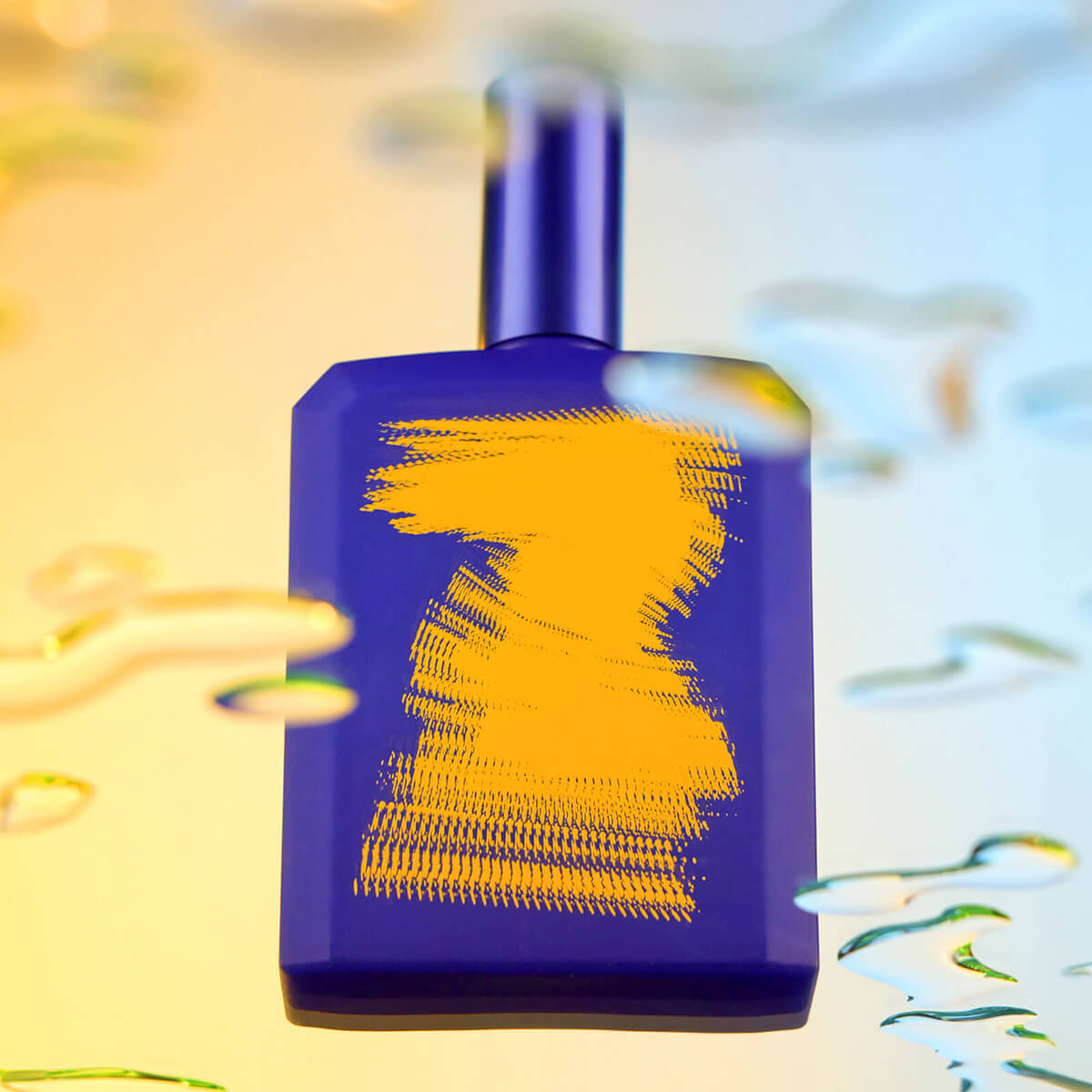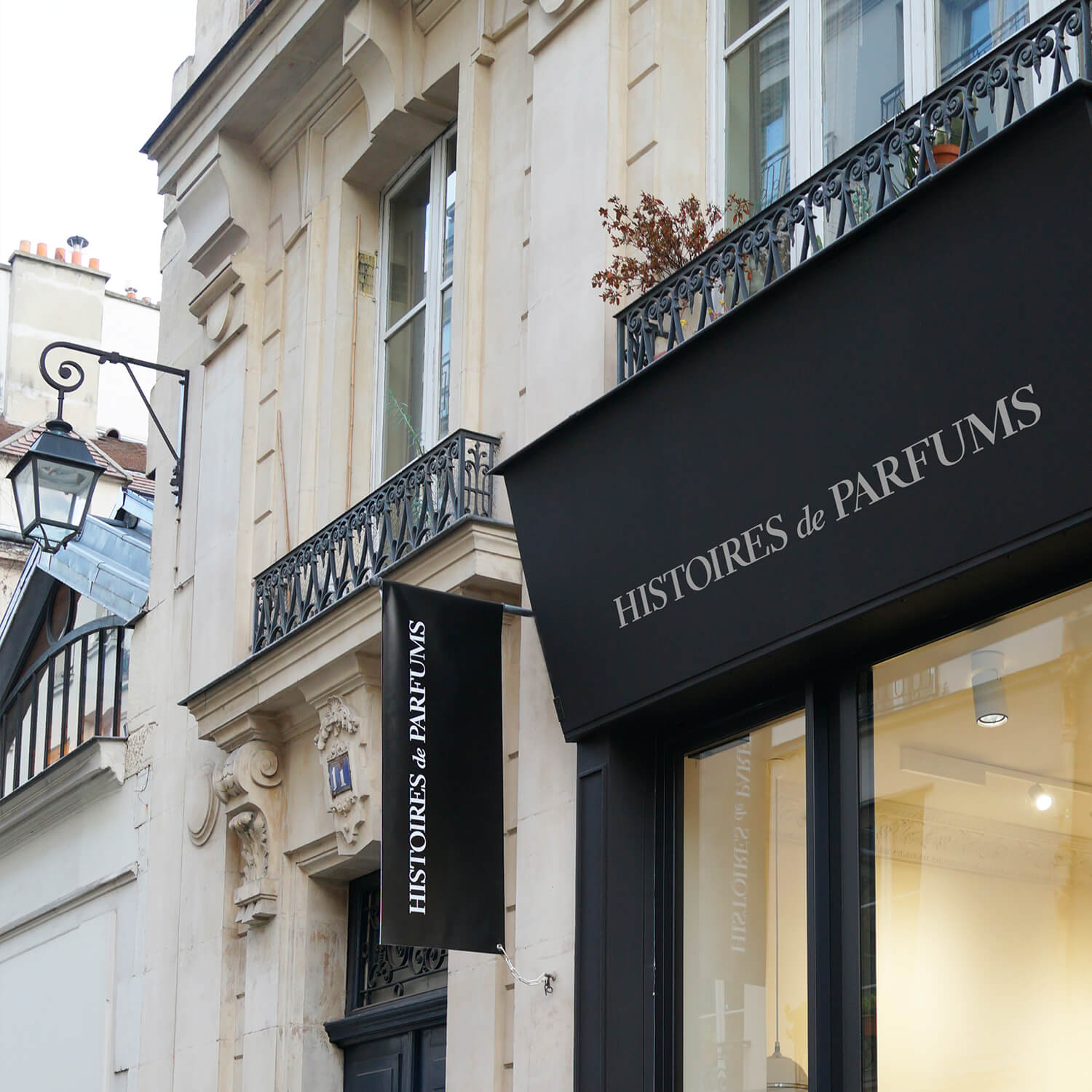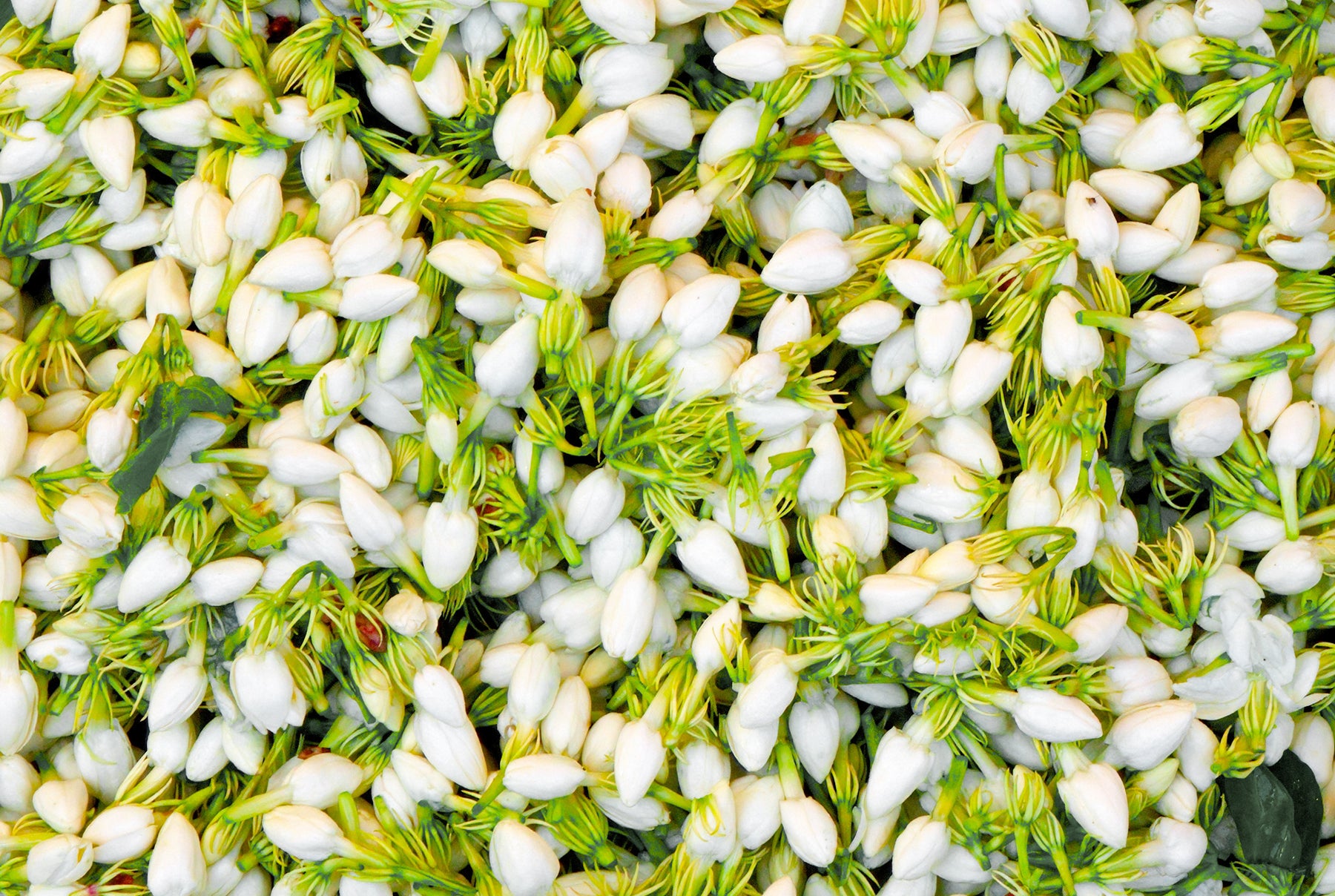Article: The chocolate note in perfumery

The chocolate note in perfumery
If there is no longer any doubt that Easter and chocolate go hand in hand, this has not always been the case when it comes to perfume. Last year in our Easter editorial, we explored the origins of the gourmand family in perfumery; this year, we're going to narrow our focus to the chocolate note itself, which, surprisingly, is far from being a treat to reproduce.
One may say that there are cocoa bean extractions. Absolutes, alcoolates and CO2 extractions share the monopoly of natural chocolate materials, except that they come nowhere close to the familiar smell of a bar taken out of its tinfoil wrapper, the soufflé rising in the oven or the cup of hot chocolate one drank as a child before going to school. Cocoa Absolute, indeed, has a dense, deep, balsamic profile, often so animalic that it can easily be mistaken for an aged Castoreum. Far from the Sunday morning cup of Nestlé chocolate, then.
Paradoxically, if the alcoolates and CO2 extracts come close to the slightly roasted and gourmand smell of a freshly poured drink, they are often too expensive or subdued to be used for reproducing a chocolate note in a perfume. At most, these materials can facet existing accords and give them an extra texture and naturalness.
Thus, if chocolate is not chocolate, what makes chocolate? Chocolate is first and foremost an olfactory marvel, its roasting increasing tenfold the number of odorous molecules already present in the bean. If we were to stick to the definition of Jean-Claude Ellena, the archon of minimalist writing, chocolate can be summed up as a combination of Isobutyl Phenylacetate - a molecule smelling of waxy petals, slightly musky and with counter-notes of honey and cocoa - and Vanillin, whose scent it is unnecessary to describe. The combination is deliberately simplistic as it is only a framework to be enriched according to whether one wants a sweet or bitter, white or milk, hot or slightly buttery chocolate.
This note of slightly caramelised butter is done thanks to Diacetyl, responsible for the remarkable smell of fluffying pancakes, shortbread cookies cooking up and all buttered pastries browning in the oven. Extremely powerful, it also brings to chocolate accords an undeniable thickness, gourmandise and a resolutely milky character.
To push this milky note and get closer to the smell of chocolate bars and custards, perfumers can dress up their accord with molecules such as Milk Lactone, Butyl Butyryl Lactate or Methyl Laitone which, powerful as you can imagine, contributes to increase the creaminess of chocolate and boost its roundness.
As for volume and addiction, we use pyrazines, aromatic compounds with olfactory superpowers that are naturally found in caramelised or roasted products such as bread, hazelnuts, popcorn or... as you guessed it, chocolate.
As you can see, making chocolate is less fun than eating it, so nowadays it is more appropriate to use Chocovan, a speciality of the Givaudan laboratory, whose smell inevitably evokes the addictive smell of cocoa drinks from all over the world. In addition to being extremely powerful, Chocovan is also extremely practical, saving the perfumer the need for complex combinations.
It is this Chocovan that, set with other materials, gives our 1969 its regressive and irresistible chocolate note, making one want to love rather than consume, mouth first, the pleasures of the flesh so rightly associated with the sexual revolution and the eternal renewal of the summer of love.
Other great perfumes have put chocolate in the spotlight: we are obviously thinking of Angel by Thierry Mugler, using an overdose of ethyl maltol and patchouli to give the impression of a dense, caramelised chocolate, but also of Eau de Charlotte by Annick Goutal, where a more discreet chocolate note brings an extra density to the fruity heart. Finally, one thinks of the late Iris Ganache by Guerlain, which swapped dark chocolate for a creamy, sweet white chocolate.
All in all, as for the candy itself, there’s one for every taste…





Leave a comment
This site is protected by hCaptcha and the hCaptcha Privacy Policy and Terms of Service apply.